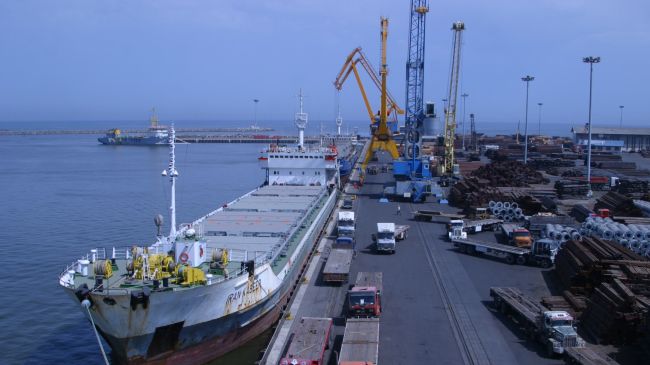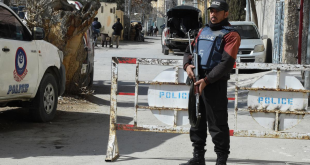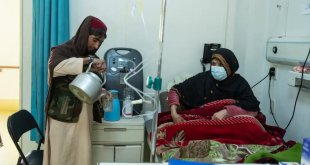Closing one’s eyes to the past few decades and current miseries Afghanistan is going through and recounting the country’s glorious history, one can see how successful the country was in terms of trade and commerce. For thousands of years, Afghanistan didn’t only serve as the heart of Asia but as a roundabout for the regional countries when caravans crossed through our territory during an era when camels served the purpose as modern trains, horses as tanks and wheat as the essential commodity of living. Despite being richly endowed with natural resources, mines and precious reserves, Afghanistan’s strategic location takes precedence over them all and thus Afghanistan has remained as a hub for trade and home to expert businessmen for a long time. In a recent report, the Ministry of Industry and Commerce (MoIC) stated that last year’s exports unprecedentedly reached $1 billion with main exports being fresh and dry fruits, vegetables, carpets and some semi-precious stones. This development shows that Afghans are gradually rejuvenating the hidden adeptness of trade in their blood and are on their way to transform Afghanistan from an importing to an exporting nation.
As the exports reached $1 billion for the first time, thanks to the Chamber of Trade and Investment which has sent Afghan goods to more than 40 countries through air corridors and land routes, this is a laudable achievement. However, there have been some issues haunting the ministry. The Wolesi Jirga has suspended the budget of MoIC over the “repeated refusal’ of its acting minister, Ajmal Ahmadi, to attend a briefing session. The MPs have also decided by a majority of votes to suspend the authority of Ahmadi, as of Jan 13, reasoning that the minister has disgraced the parliament by refusing to accept their summons. This is while Ahmadi has reportedly been ill. Moreover, the National Statistics and Information Authority (NSIA) disputed the figures reported by MoIC, saying the exports for nine months of 2019 – while the full-year assessment is not yet complete – were worth at least $535 million. Under these circumstances, the government should clarify the discrepancy between the figures of these two organizations. Moreover, the issue between MoIC and the parliament should be resolved at the earliest possible while keeping in mind the interests of the country and not personal grudges. Besides, the traders and investors in Afghanistan should continue their efforts by boosting the country’s exports and economy with the government further facilitating them. Increasing exports through rail, freight and air, as well as improving transit trade, would help Afghanistan return to its former glory and be a prosperous country once again.
 Afghanistan Times
Afghanistan Times




